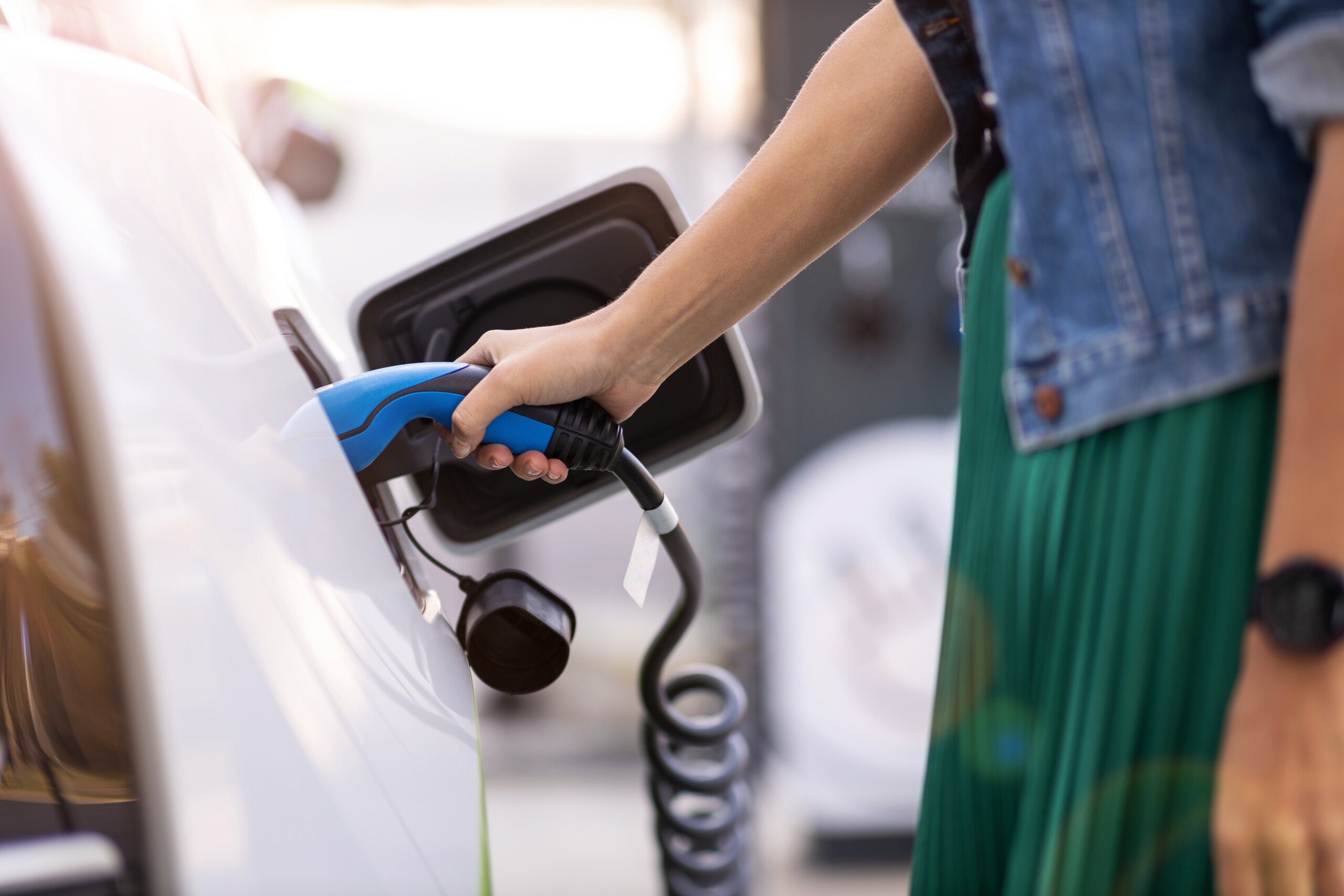
Date posted: 21st Jun 2022
In short, no, but there can be tax differences between acquiring new and second hand cars.
As things stand, the shortage of semiconductors has meant long delays in the delivery of new cars. This has caused many company car drivers to choose a second hand car instead, but what are the tax consequences?
Firstly, when calculating the P11D benefit of company cars the original list price inclusive of extras should be used, not the purchase price. Hence the P11D value for a second hand company car may be significantly higher than the price paid for the vehicle. This can mean additional unexpected personal tax for the user.
Secondly, from a corporate tax perspective, unless the car has zero emissions, the capital allowance rules are the same for new and used cars bought by the business. Plant and machinery capital allowances may be claimed on the purchase price of the car at either 18% or 6%, depending on whether the CO2 emissions for the vehicle are below or above 50g CO2 per km.
Where a zero-emission car is acquired by the business, a special 100% first year allowance only applies to new cars. There is however an exception for certain ex-demonstrator cars. HMRC accept a car is unused and not second hand provided it has been driven for a limited number of miles for the purposes of testing, delivery, and test driven by potential purchasers. However, zero emission cars deemed to be second hand, will only qualify for the 18% annual capital allowance.
If you have any queries regarding company car taxation, please give us a call.


